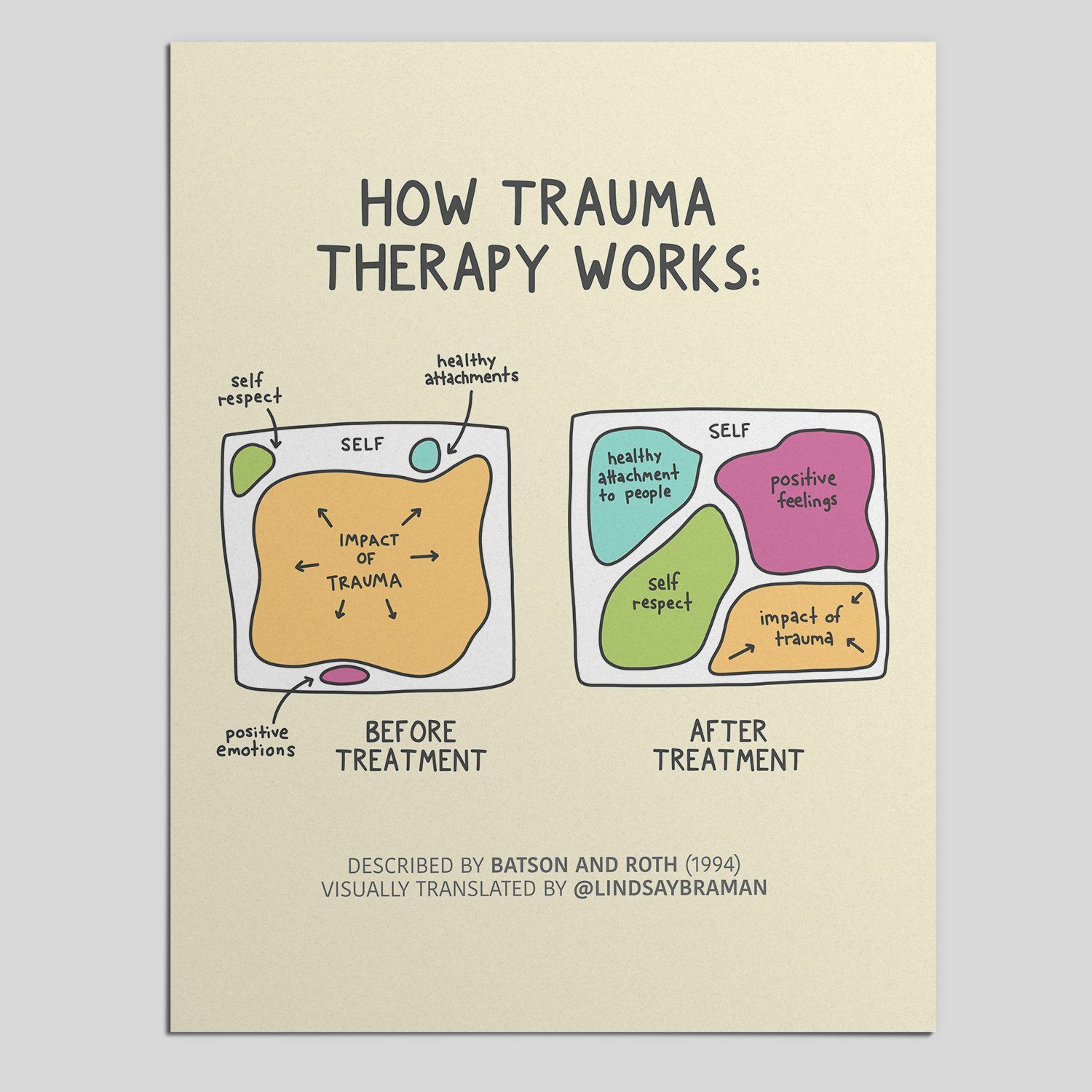Surviving a traumatic experience can have long-lasting effects on an individual’s mental and emotional well-being. Women, in particular, may face unique challenges when it comes to processing and healing from trauma. Fortunately, there are several therapeutic approaches that can help women navigate their healing journey and reclaim their sense of agency and empowerment.
Understanding Trauma and its Effects
Before delving into therapeutic approaches, it’s essential to understand what trauma is and how it can impact women specifically. Trauma can result from a wide range of experiences, including physical or sexual abuse, domestic violence, war, natural disasters, and more. For women, trauma can be compounded by societal expectations, gender roles, and power dynamics that can further exacerbate feelings of helplessness and vulnerability.
Common symptoms of trauma in women may include anxiety, depression, flashbacks, nightmares, difficulty trusting others, low self-esteem, and more. These symptoms can interfere with daily functioning and prevent women from fully engaging in their personal and professional lives.
Therapeutic Approaches for Healing
Fortunately, there are several evidence-based therapeutic approaches that have been shown to be effective in helping women heal from trauma. These approaches are tailored to address the unique needs and experiences of women and provide a safe space for them to process their trauma and move towards recovery.
Cognitive-Behavioral Therapy (CBT)
Cognitive-Behavioral Therapy (CBT) is a widely used therapeutic approach that focuses on identifying and challenging negative thought patterns and behaviors. For women who have experienced trauma, CBT can help them reframe their beliefs about themselves and their experiences, develop coping strategies for managing distressing emotions, and build resilience in the face of adversity.
Eye Movement Desensitization and Reprocessing (EMDR)
Eye Movement Desensitization and Reprocessing (EMDR) is a specialized form of therapy that has been shown to be effective in treating trauma-related symptoms. During EMDR sessions, women are guided through a series of bilateral eye movements while recalling distressing memories. This process helps desensitize their emotional responses and reprocess traumatic memories in a more adaptive way.
Group Therapy
Group therapy can be especially beneficial for women who have experienced trauma, as it provides a supportive and validating environment where they can connect with others who have had similar experiences. Group therapy allows women to share their stories, receive feedback and support from peers, and learn new coping skills from one another.
Expressive Arts Therapy
Expressive Arts Therapy is a creative approach that involves using art, music, movement, and other forms of expression to explore and process trauma. For women who may have difficulty verbalizing their experiences, expressive arts therapy can provide a non-verbal outlet for expressing emotions, exploring symbolic meanings, and fostering healing and growth.
Conclusion
Healing from trauma is a complex and individualized process, and there is no one-size-fits-all approach. However, by exploring different therapeutic modalities and finding what works best for them, women can begin to reclaim their sense of self and move towards a place of healing and empowerment. If you or someone you know is struggling with trauma, don’t hesitate to seek help from a qualified therapist or counselor who can guide you on your healing journey.
Remember, healing is possible, and you deserve to live a life free from the grip of trauma.
